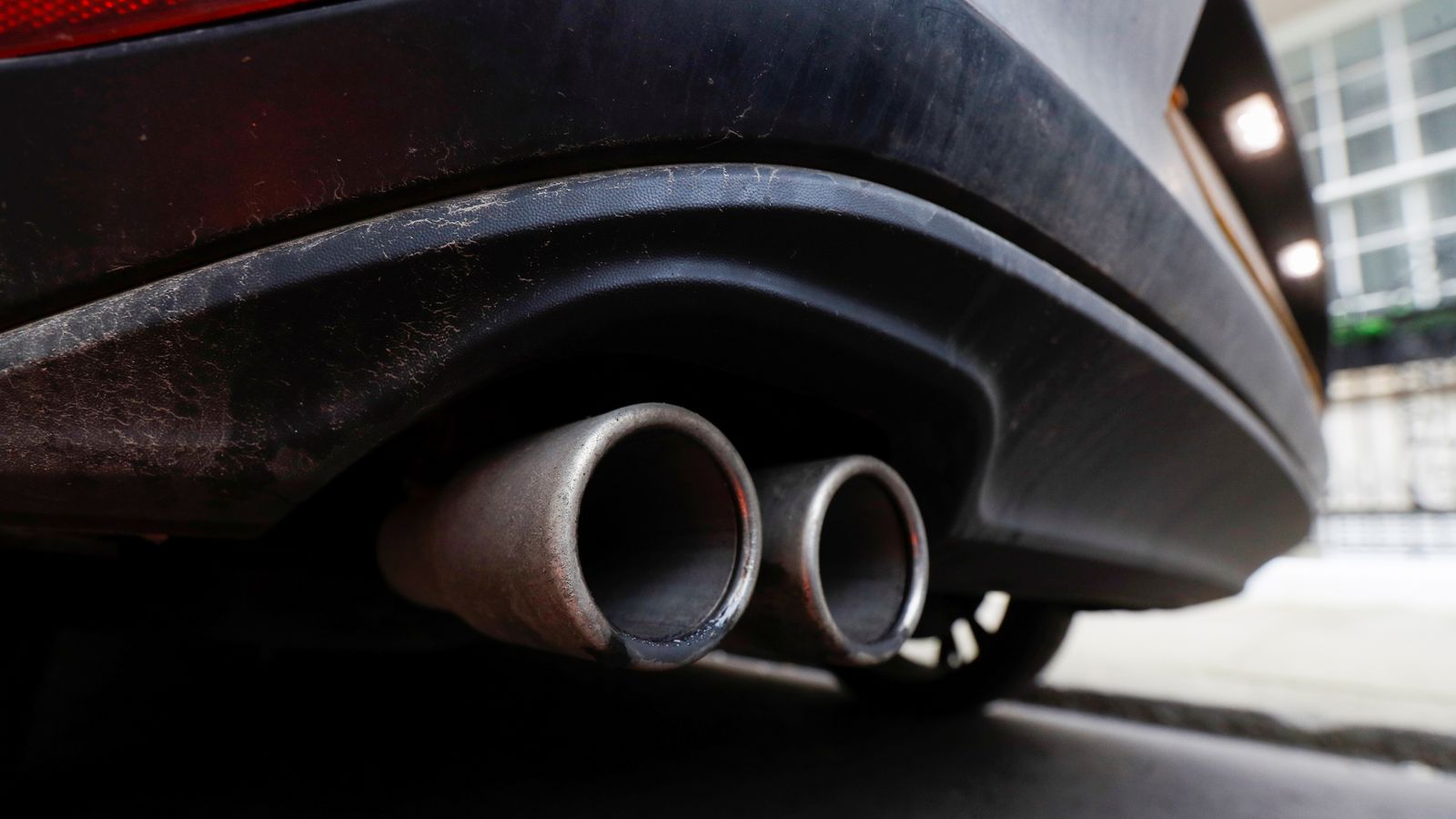Most motorists want noise cameras installed to clamp down on loud cars

Some 58% of drivers want to see cameras that detect illegally loud vehicles rolled out across the UK, according to a new survey.
The RAC poll found that 22% of the 1,424 motorists polled were against the idea – and 20% were unsure.
A £300,000 trial of noise cameras began in a small number of areas in England last year.
The technology involves using a camera and several microphones to detect noisy vehicles.
The camera records an image of the vehicle and its noise level, creating evidence that can be used by police to issue fines.
More than a third (34%) of drivers surveyed for the RAC said they regularly heard revving engines or excessively loud exhausts.
Road noise has been found to contribute to health problems including heart attacks, strokes and dementia.
Vehicle exhausts and silencers are required to be properly maintained, and not altered to increase noise.
Non-compliance can lead to a £50 on-the-spot fine.
Advertisement
Read more:
‘Frightening’ rise in cars being driven wrong way on motorways
New drivers under 25 could face young passenger ban
Britain’s most bizarre motorway driver behaviour revealed
RAC head of policy Simon Williams said: “Our research with drivers shows there is a very strong desire to put an end to the scourge of excessively noisy vehicles that disturb the peace all around the country.
“It’s plain wrong that those who have fitted their cars with modified exhausts, some motorbike riders and supercar owners can currently just get away with making an unacceptable amount of noise.
“Fortunately, the Department for Transport’s recent noise camera trials may provide the solution.
“We hope the findings are positive and that the technology can be quickly and cost-efficiently rolled out to the worst affected areas.
“There is no good reason why cars and motorbikes should make so much noise, so the sooner effective camera enforcement can be put in place the better.”
Roads minister Richard Holden said: “Boy racers are an anti-social menace and we have extensively trialled noise camera technology in various parts of the country over the past year.
“We are currently analysing data from the trials and will update in due course on any future measures which will help bring peace and tranquillity back to our towns, cities and villages.”